The Robin Hood of the Oceans – Captain Paul Watson (Sea Shepherd) in Interview

Please install and activate Powerkit plugin from Appearance → Install Plugins. And activate Opt-in Forms module.

Paul Watson: I co-founded Greenpeace and worked with them from 1969 to 1977. I left the group because of disagreements over tactics. Greenpeace is essentially a protest organization, and I find protesting obsequious and unproductive. I wanted to intervene and stop illegal activities directly! So I founded Sea Shepherd as a marine anti-poaching organization.
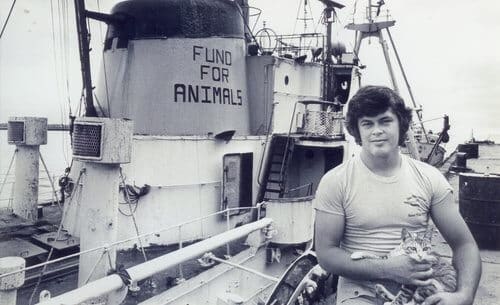
Paul Watson: Sea Shepherd is a global anti-poaching movement on the high seas.
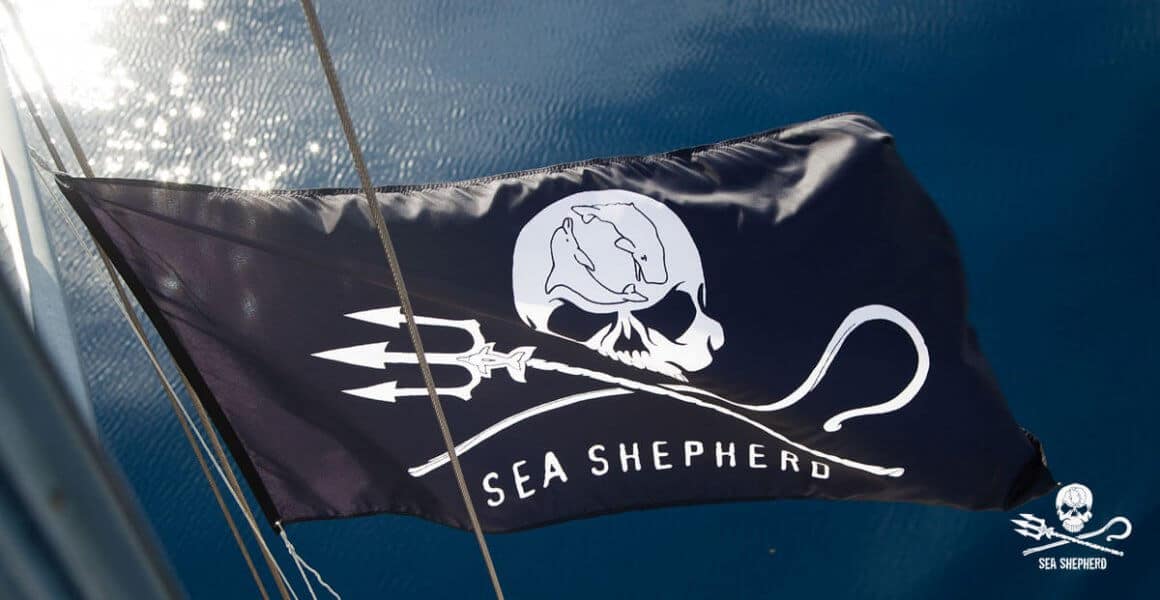
Paul Watson: Sea Shepherd cracks down on many illegal operations. Within territorial waters, we do this with various nations; currently we have partnerships with Mexico, Peru, and Ecuador in the Americas, and with Liberia, Benin, São Tomé, Namibia, Gabon, Ghana, and Tanzania in Africa. Outside national territorial waters, we operate in accordance with the UN World Charter for Nature. In some cases we are invited to assist, and outside the economic zones we investigate and search for illegal activities. Among other things, it depends on all these factors where we can operate.

Paul Watson: The German government has decided to support the efforts of Costa Rica and Japan to stop our interventions against the illegal finning (severing of the fin/dorsal fin) of sharks by Costa Rica and illegal whaling by Japan. When they decided that I would be extradited to Japan, I was released on bail in Frankfurt and left the country. The charges were political in nature, as evidenced by the fact that the Costa Ricans dropped the charges against me with a change of government in 2018. All of this has been part of an ongoing effort to uphold international conservation law. In the end, we won. Japan no longer kills whales in the Southern Ocean.
Paul Watson: The camera is the most powerful weapon ever invested in. We document everything. It is important to detect these illegal activities. We live in a media culture, so understanding how the media works is an important aspect.
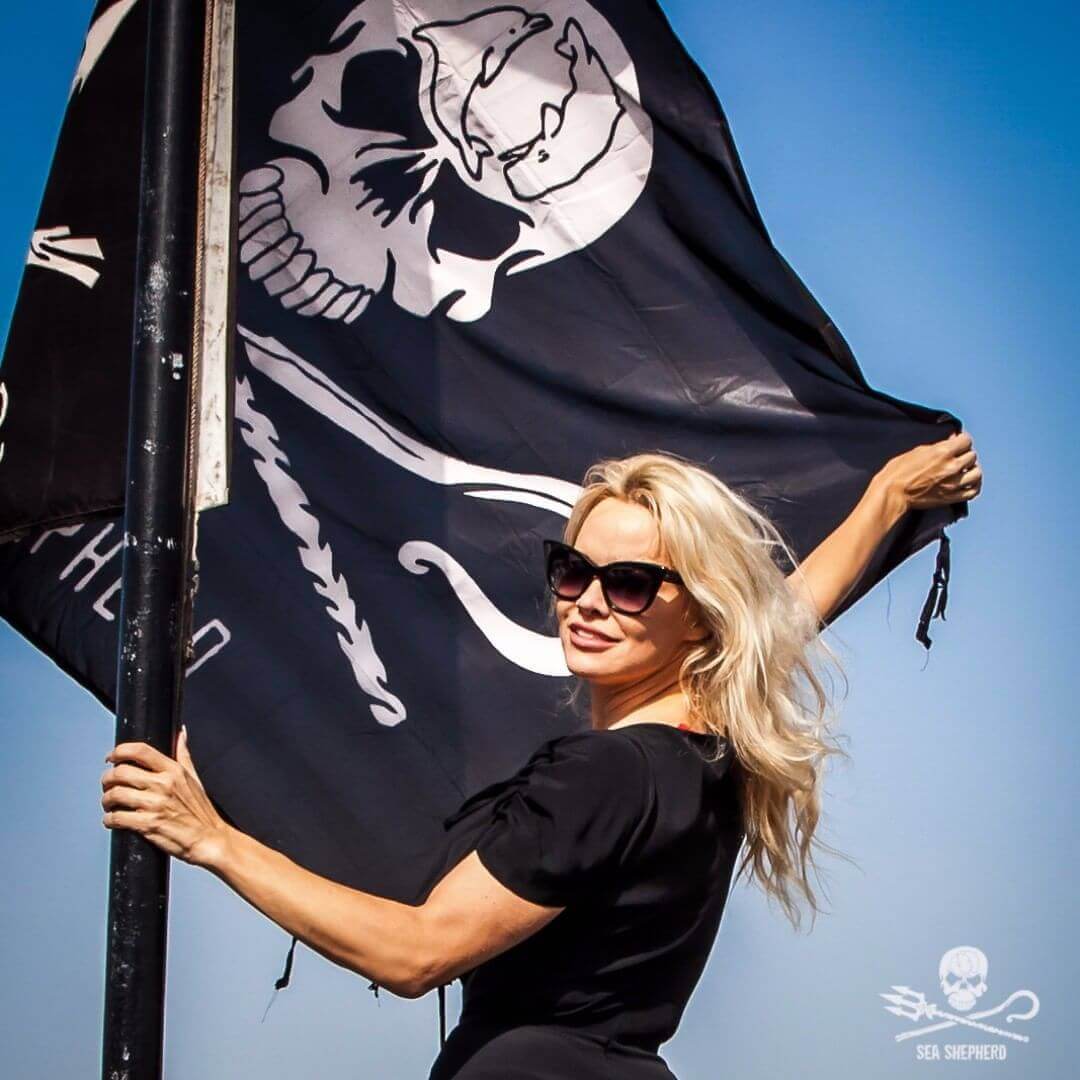
Paul Watson: There were many dangerous situations, close contacts and dramatic confrontations. Hard to say which one was the most dangerous. I’m not really concerned about the dangers. We take precautions, but we believe the risks are acceptable.

Paul Watson: I fear for the future from the decline of ocean biodiversity, the collapse of ecosystems, and the consequences of species decline and climate change.

"Are you willing to risk your life to protect a whale? If you say no, we won't take you! "
Paul Watson Tweet
Paul Watson: To be part of our crew, a person has to be willing to take risks. We ask: Are you willing to risk your life to protect a whale? If you say “no,” we won’t take you. Critics say that is too much to ask, but society routinely asks young people to risk their lives and kill to defend real estate, oil wells, religion, and flags. I think risking your own life to protect an endangered species or habitat is a far nobler endeavor.

Paul Watson: I would say that the Whale Wars show on Animal Planet and Discovery was a very good idea. This allowed us to reach millions of people with our message in defense of whales. In Germany, by the way, you can watch it on DMAX.

Paul Watson: I have no problem with their volunteers. I think the Greenpeace volunteers are great. My problem is with the bureaucrats, especially those who deny my role as a co-founder of Greenpeace. It is unacceptable to rewrite history. Back in 1986, after we sank half of Iceland’s illegal whaling fleet, a reporter confronted me with a Greenpeace statement calling me a terrorist and asked me to respond. I replied, “What do you expect from the Avon ladies* of the environmental movement?” They never forgave me for that. We are happy to work with Greenpeace, but they have consistently refused.
* Denotes the doorstep sale of cosmetic products.
Paul Watson: I have been predicting this pandemic for decades. Zoonotic transmission of viruses is a direct result of species extinction and habitat destruction. What we are experiencing now is the first wave of destructive consequences of climate change. Thawing permafrost also releases long-dormant pathogens. This Covid-19 is simply a harbinger of things to come. However, he inspires us to continue our work to prevent habitat reduction and destruction. I don’t see any negative impact on Sea Shepherd, it is part of the process that we have been fighting so not unexpected. Things will get worse if society continues to ignore the reality of climate change and biodiversity decline.

Paul Watson: Sea Shepherd is now a global movement. It is not dependent on me, it is a movement of dozens of national units. An individual can be stopped, an organization can be dissolved, but a movement cannot be stopped! We now have 14 ships and hundreds of volunteers successfully tackling dozens of issues at once. Because Sea Shepherd is a global movement, it will continue to grow stronger, and in that regard, I believe this was my most significant accomplishment.

"Before I die, I would like to see the complete eradication of whaling and seal hunting and a moratorium on all industrialized fishing for at least fifty years. I would also like to see the world freed from the unnatural paradigm of anthropocentrism. We need to develop a biocentric view, and we need to learn to live in harmony with all other species."
Paul Watson Tweet


















Like many other environmental organizations, Sea Shepherd relies on donations. Feel free to stop by and support the work of Paul and his crew – Donate Here.
PS: Here you can find great documentaries about Sea Shepherd and many more – watch them now!
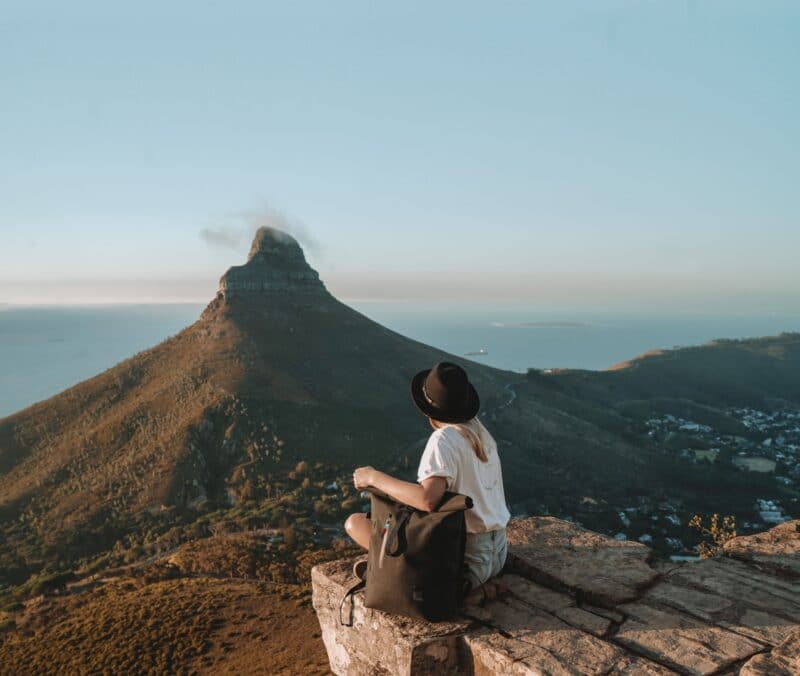
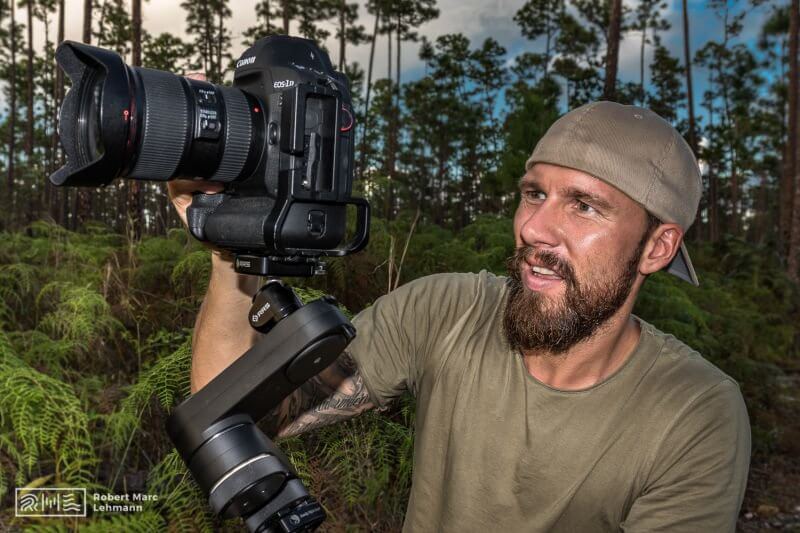
© Photos by Sea Shepherd Global/ Sea Shepherd Germany
Input your search keywords and press Enter.
